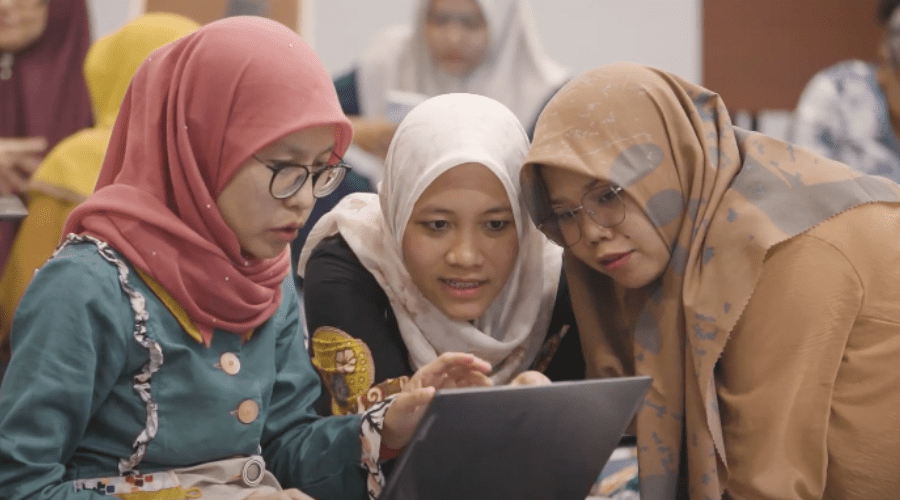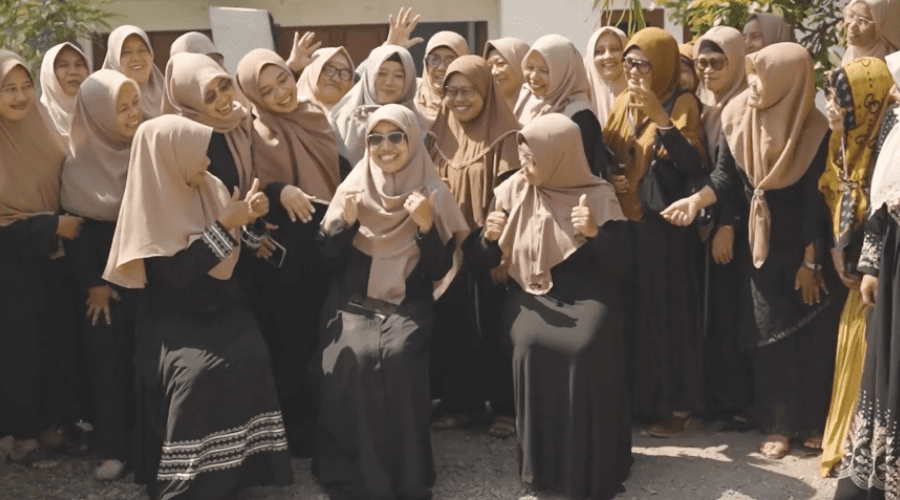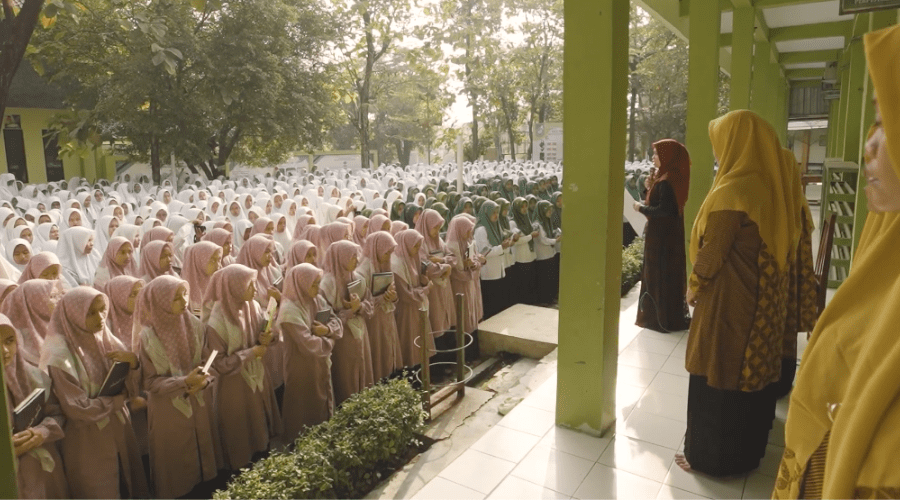Networks are a fact of life in women’s rights advocacy work and social change activism. They offer vital linkages, alliances and communication, without which we are unable to tap and wield the extraordinary power of our numbers and diversity to advance our agendas and voices. But, our differences – as people, as leaders and as organizations – can be as powerful as our common interests. How can we understand and negotiate differences to build and consolidate the coordination we need for clout, credibility and size? How can we negotiate and coordinate our key differences in terms of size, style, funding, and more to maximize our connections and minimize the tensions caused by difference? This workshop explored these challenges through the insights and experiences of three women’s rights advocates, and an experienced network evaluator.
Presentations:
- Lori Heise drew lessons from the experience of building the Global Campaign for Microbicides.
- Everjoice Win traced experiences from Women in Law and Development, a pan-African network, and a smaller, national body, the Zimbabwe Women’s Coalition
- Jan Reynders proposed a series of points arising from his evaluations of 10–15 organizations over the last 10 years.
- Lisa VeneKlasen summarized and commented on key points from the discussion.





























